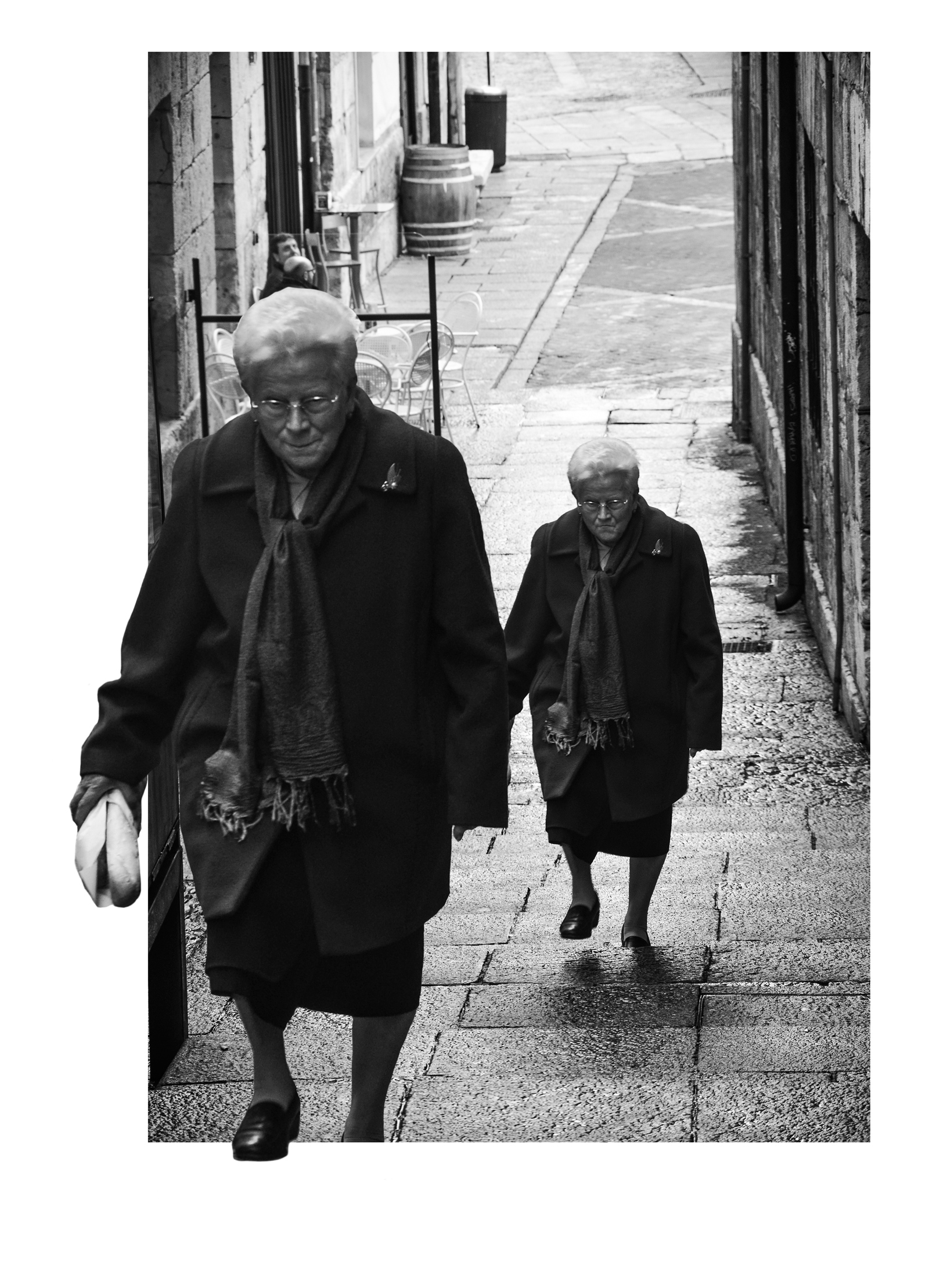When I reflect on ways to implement holistic care for the patients I work with, I think of the impact of my mother as a primary caregiver for my abuela’s (grandmother’s) medical care, despite not having a medical background herself. At a young age, my abuelos moved from Puerto Rico to care for a relative diagnosed with cancer, leaving behind the economic and cultural stability they had attained in Puerto Rico. Eventually — with history repeating itself — my mother became the primary caregiver of my abuelos for over fifteen years in our home. My mother was their daughter, caretaker and advocate, and she was the first person to show me that long-term medical success for patients in our healthcare system extends far beyond the physician’s role.
My abuela had no qualms telling us over dinner, “Tengo diez hijos, ninguno es médico” (I have ten children, but none are a doctor). While I would always laugh, it was a reminder of how difficult it can be for people to navigate the healthcare system without their own support network. When my abuela had a near-fatal stroke, her physicians emphasized how limited her physical and cognitive faculties would be even if she recovered. My mother did not accept the prognosis, respectfully questioning their assessment and asking for guidance on options for therapy and rehabilitation. She pushed the envelope of traditional medical modalities for recovering stroke patients, incorporating our Puerto Rican culture and sense of community into my abuela’s physical and cognitive therapy. She would have us take turns sitting with my abuela at the kitchen table, encouraging her as she fit shapes into the sorting cubes that children often play with, or play Salsa y Música Jíbara and dance with her in the living room no matter how much my abuela would protest at first. Our home life shifted to accommodate her care, which provided me with a lived experience of holistic approaches to patient care.
As time went on, my abuela regained her pre-stroke mobility and once again could fluidly speak Spanish and English. As she recovered, my mom would remind me, “Wearing that white coat is a privilege, so don’t forget, there’s more to medicine than offering pills.” In spite of language and cultural barriers, my abuela’s recovery is a success story, highlighting the importance of patient advocacy in medicine. The unfortunate reality is that not every patient has a primary caregiver to help manage their care. Nearly 17% of the U.S. adult population provides unpaid care to an adult over the age of 50. More than 75% of these caregivers are women and on average their number of hours per week spent providing unpaid care is almost equivalent to a traditional full-time job. Many of these caregivers are also employed or raising children of their own. It is this severe reality, in a patient population that will only continue to grow, that reminds me of the importance of working outside the traditional lanes of medicine. Not only do I know the importance of working alongside patient advocates and primary caregivers, but I recognize that patients without this support will require special attention and different plans of care. A good physician knows about the patient’s case, but a great one takes time to know the patient beyond their MRN number — in a way that is often more intimate and rewarding. Who brings this patient to their appointments? Who helps them manage their medications? Does this patient have a support network or family involved in their care? To me, exploring that facet of clinical practice is another piece of what makes the art of practicing medicine so exceptional.
Image Credit: “La vieja Dolly, se fue a por el pan y no” (CC BY-NC-ND 2.0) by Carlos Elosua

